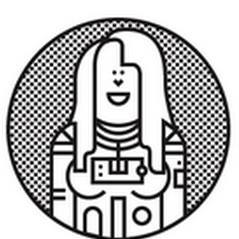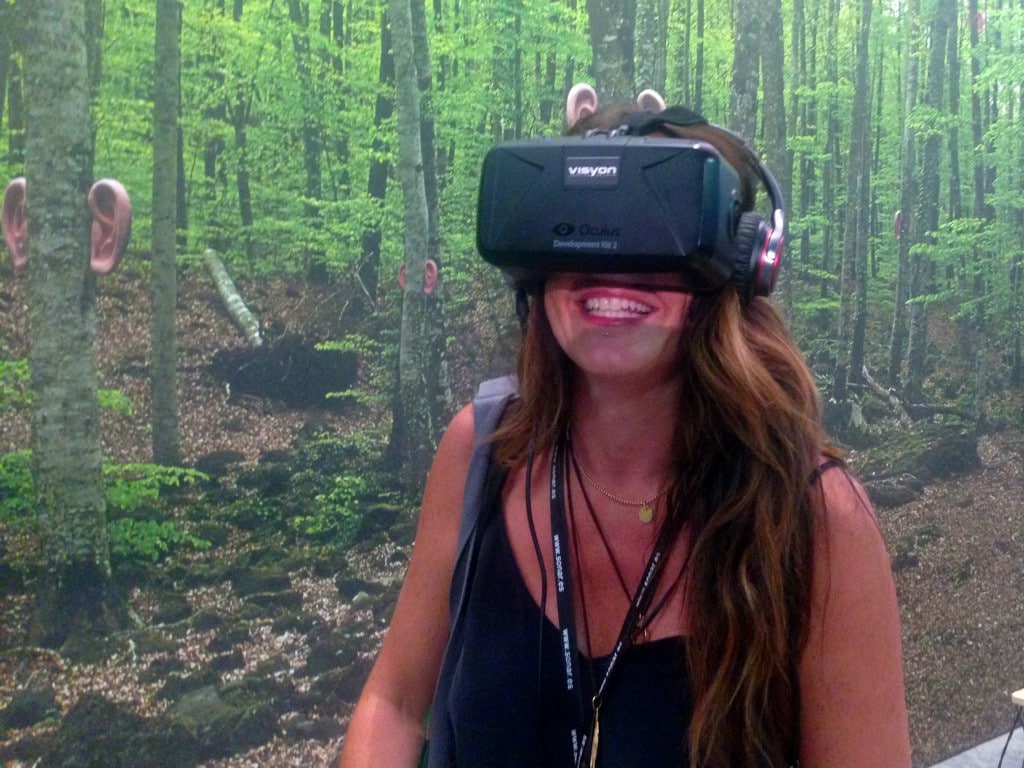I’m thrilled to introduce myself as editor-in-chief of Atlas of the Future, the new international Barcelona-London venture from Oriol Soler, Cathy Runciman and Arnau Grinyó. Launching September, this will provide a home and hangout for all those committed to long-term thinking, and take you on a journey through the technology and advances shaping our world in every way – how we eat, create, communicate, learn, build, vote, and even reproduce.
We believe in the future, and in order to understand it so that you can, we have a damn good time taking advantage of the present. By day, we explore and map the innovative projects and people making our planet a better – and infinitely more exciting – place. By night, we dream about the future that their pulsating, ticking and whirring brains make possible.

We call the creators, inventors, researchers and people leading the most ambitious and thrilling global projects, ‘FutureHeroes’. I like to think that their good rubs off on me, absorbed via osmosis. And after 15 years in the media, this allows me to sleep well at night.
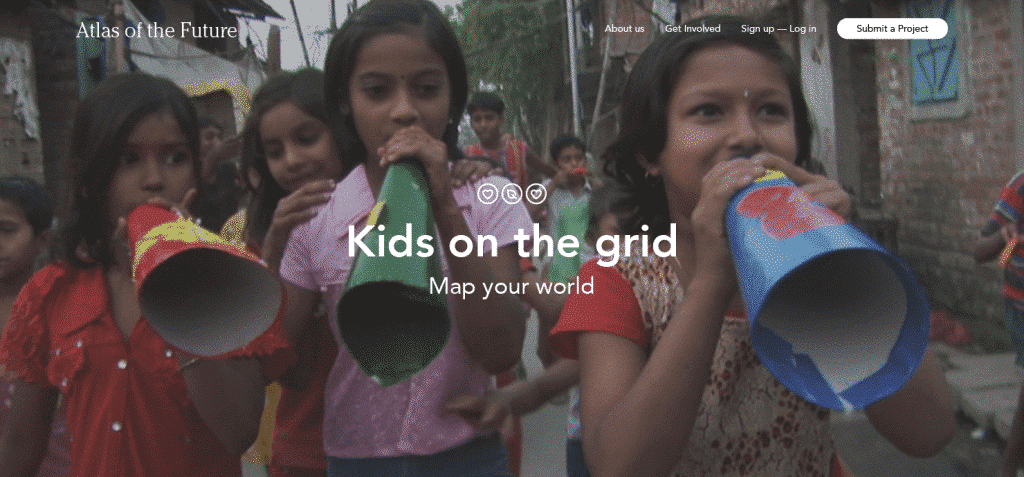
Being able to rest in downtime is a superpower that many of our FutureHeroes would like to possess, so we’re celebrating and showcasing the over-thinkers’ hard-working optimism, as they transform health, science, education, technology, society and politics, energy, sustainability, or arts, design and culture.
Here’s a taster of what I’ve been up to since joining the Atlas team. It’s been an educational journey into the very real – and also virtual – possibilities of all of our futures.
Milking empathy
Virtual reality has been getting a lot of press this year – not for chainsawing zombies, simulating flight or porn – but for its role as a catalyst for human empathy. This June, the emotional power of VR was unleashed at Sónar +D, a tech conference dedicated to digital evolution. Oculus Rift headsets blew away any minds capable of thinking – including mine – by throwing festival-goers into the middle of a protest in ‘VICE News VR: Millions March‘, under a train in ‘Evolution of Verse‘, and into a Syrian refugee camp in ‘Clouds over Sidra’.
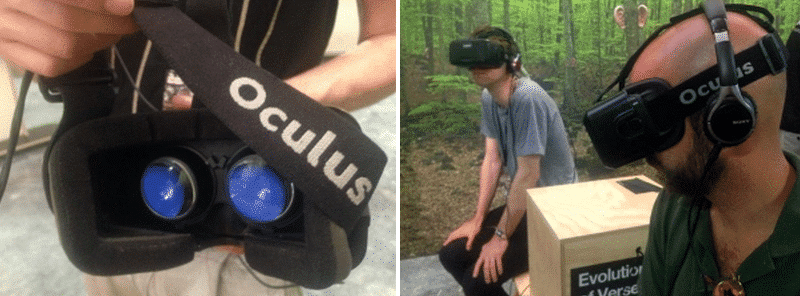
These short films by director Chris Milk, known for his videos for U2, Arcade Fire, Beck and a pre-Glastonbury Kanye West, demoed how he now uses VR technology for social good. With the voices of protesters and residents of war-torn camps as his driving force, Milk is continuing to unlock virtual reality’s potential to change the world by working with the United Nations.
Coming soon: An interview with Chris Milk and his Executive Producer, Samantha Storr, who has realised the visions of Robert Redford, Terry Gilliam and Spike Jonze.
Fabricating connections
In June, the Atlas moved into the IAAC (Institute for Advanced Architecture of Catalonia), an industrial building in Barcelona’s Poblenou, a district of innovation where hi-tech buildings meet refurbished factories. This means I get to sit side-by-side with Tomas Diez, a specialist in digital fabrication and its implications in the future of cities. As one of the initiators of Fab Lab BCN, the biggest manufacturing laboratory in Europe, and the most popular in the world, his research relates to the use of digital fabrication tools, and how new technologies can change the way people consume, produce and relate in cities. My research sometimes involves earwigging on his Skype conversations and wondering if he has any idea I’m transcribing half of his chats? That’s true open sauciness.
Building vocabulary
The Venezuela-born urbanist is a constant source of connections and Atlas project ideas. It was at his Pavilion of Innovation at Beyond Building Barcelona, among the 3D models of Sagrada Familia used for rapid prototyping, that I met the co-founder of the revolutionary WikiHouse, Alastair Parvin – within a house he had designed and built to work like ‘the mother of all IKEA kits’.
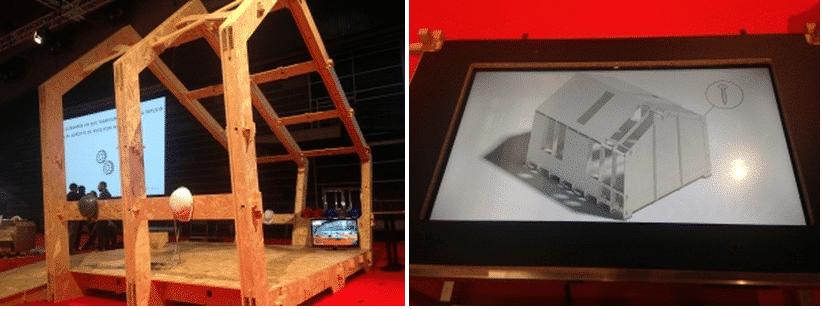
In between unintentionally causing me to google words such as ‘teleological’ and ‘jingoist’ over some wine, the man behind the digitally manufactured building system that anyone can download and make has become a good friend of the Atlas. The FutureHero took me on a tour of his Top 5 projects, chatting about solving the housing crisis, YouTube kittens and why he wants to control time. In the Atlas FutureHero world, Al, you will always be my first.
Reading into the FutureFixer
This summer, futurist and technologist Ramez Naam came to Barcelona for the first time. The award-winning author’s trilogy set in 2040 has rekindled my love of science fiction – which was first awakened by the man who leapt into cyberspace before it even existed, William Gibson. Although his novels are dystopian in nature, Cairo-born Ramez is a massive optimist, and funny too.
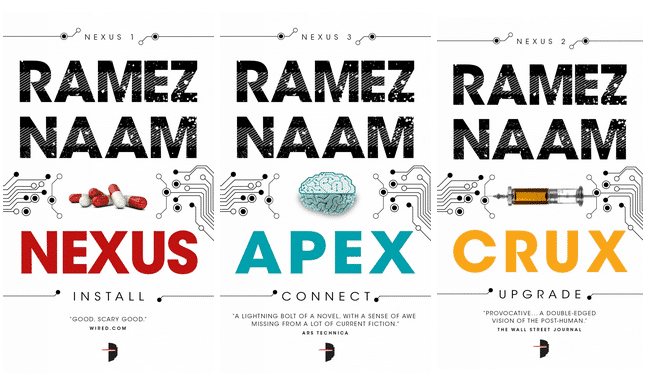
Coming soon: Ramez on Elon Musk, L. Ron Hubbard and the Star Trek-inspired Motorola flip phone. Plus, the shark-chasing computer scientist explains why climate change is not to be ignored, how his best ideas come on hikes, and why he dislikes the word ‘transhuman’ so much – especially considering it’s something he thinks we all are.
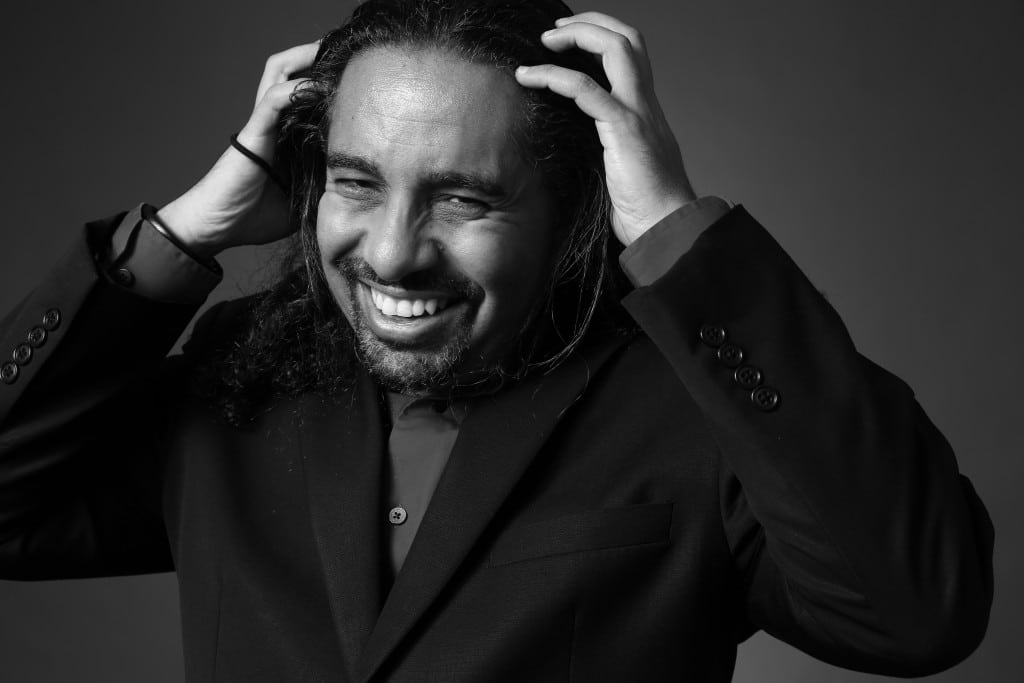
Reimagining learning
‘If you want to change the world you change it with education’, explains Ismael Palacin, Director of Catalan non-profit Jaume Bofill Foundation. A couple of weeks ago he talked me through hacking the system, maker movements and knowledge as currency. By giving open access to equality in education – and the trends that allow individuals and communities to hack it – we can jump over traditional government patterns and create education systems that meet local needs. Together we mapped future trends through the flipped classroom, co-operative learning, big data, personalisation, DIY, coding academies and MOOCs. It was, indeed, educational.
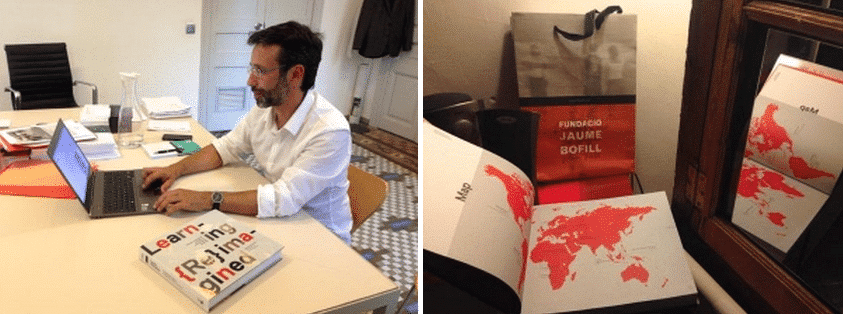
Engaging you
We’re a big fan of the role simple hashtags can play in creating social change, something the Atlas will be explaining further. Well, it turns out so is the Pope. Having formed an ecological alliance with anti-capitalist eco-crusader and ‘secular Jewish feminist’ Naomi Klein, author of ‘This Changes Everything: Capitalism vs. the Climate’, Pope Francis doesn’t underestimate the importance of the future.
We need a new dialogue about how we are shaping the future of our planet. #LaudatoSi
— Pope Francis (@Pontifex) June 18, 2015
We aim to please, Pontifex. Follow our ‘new dialogue’ at @AtlasFuture. To add a project, fill in this form and to nominate a FutureHero, contact us at hello@atlasofthefuture.org.
Next week, I’m on a FutureTrip, jumping from the frying pan into the fire by exchanging the humidity of Barcelona for the London heatwave – project-hunting and interviewing FutureHeroes at the Royal Society’s Summer Science Exhibition, checking out SCIN Gallery’s new exhibition which offers natural replacements to synthetic materials, investigating whether Big Data is the new rock n’ roll at the Oxford Future of Humanity Institute, and chatting to Topaz Page-Green about her organisation The Lunchbox Fund. It fosters education through nutrition in South Africa, has Joaquín Phoenix on its board of directors and Desmond Tutu as its patron.
Until then… Be useful.
Lisa
